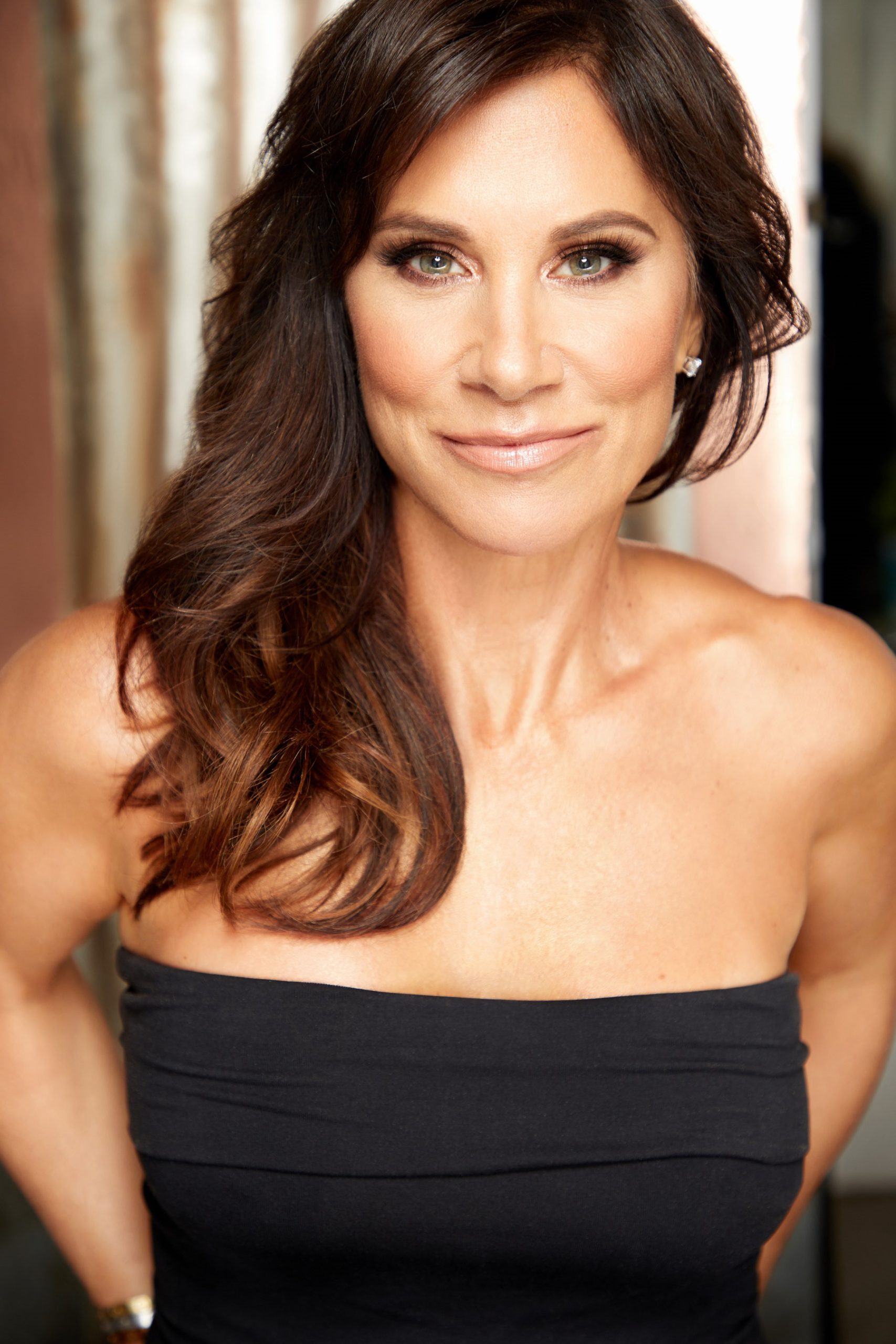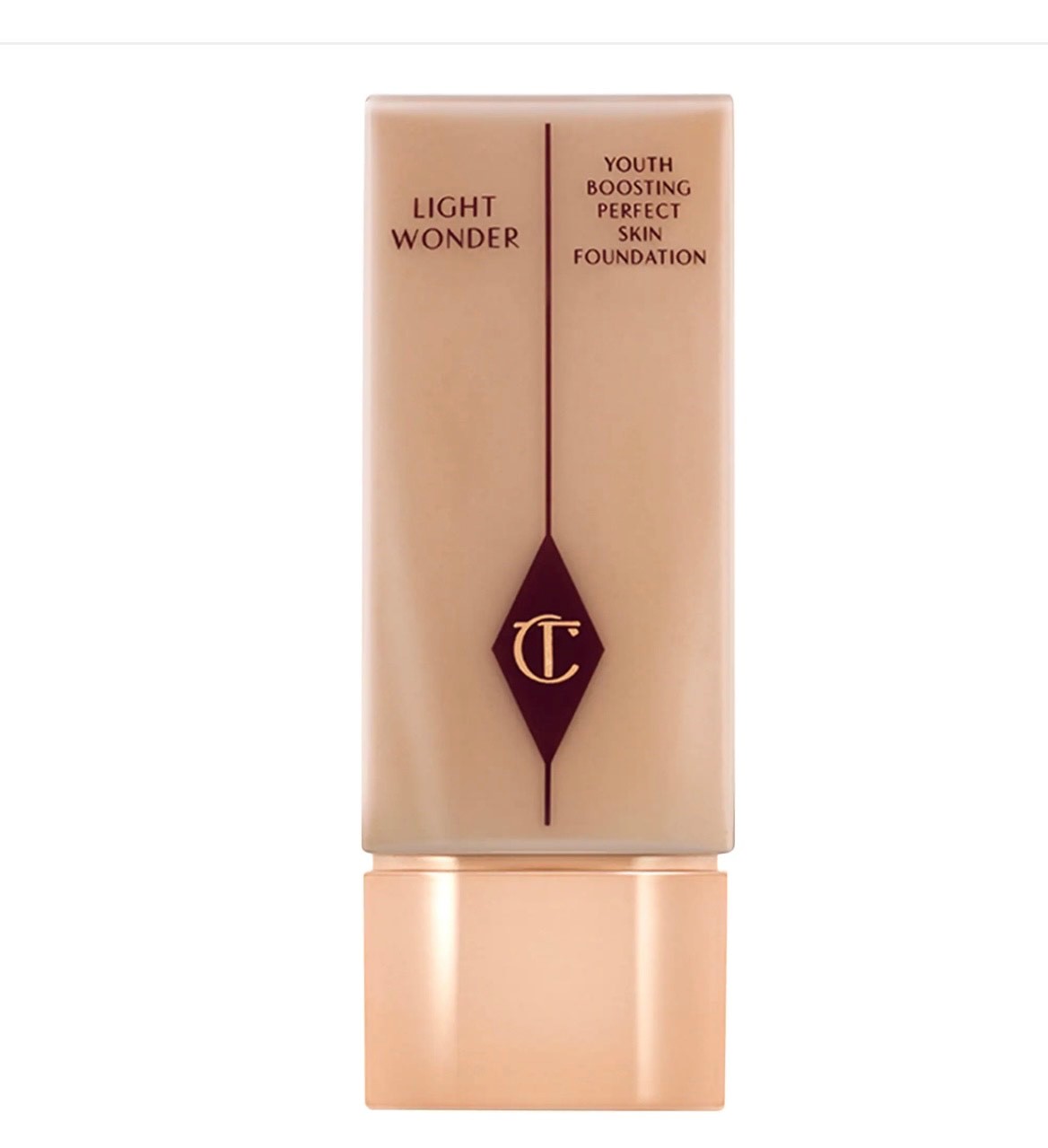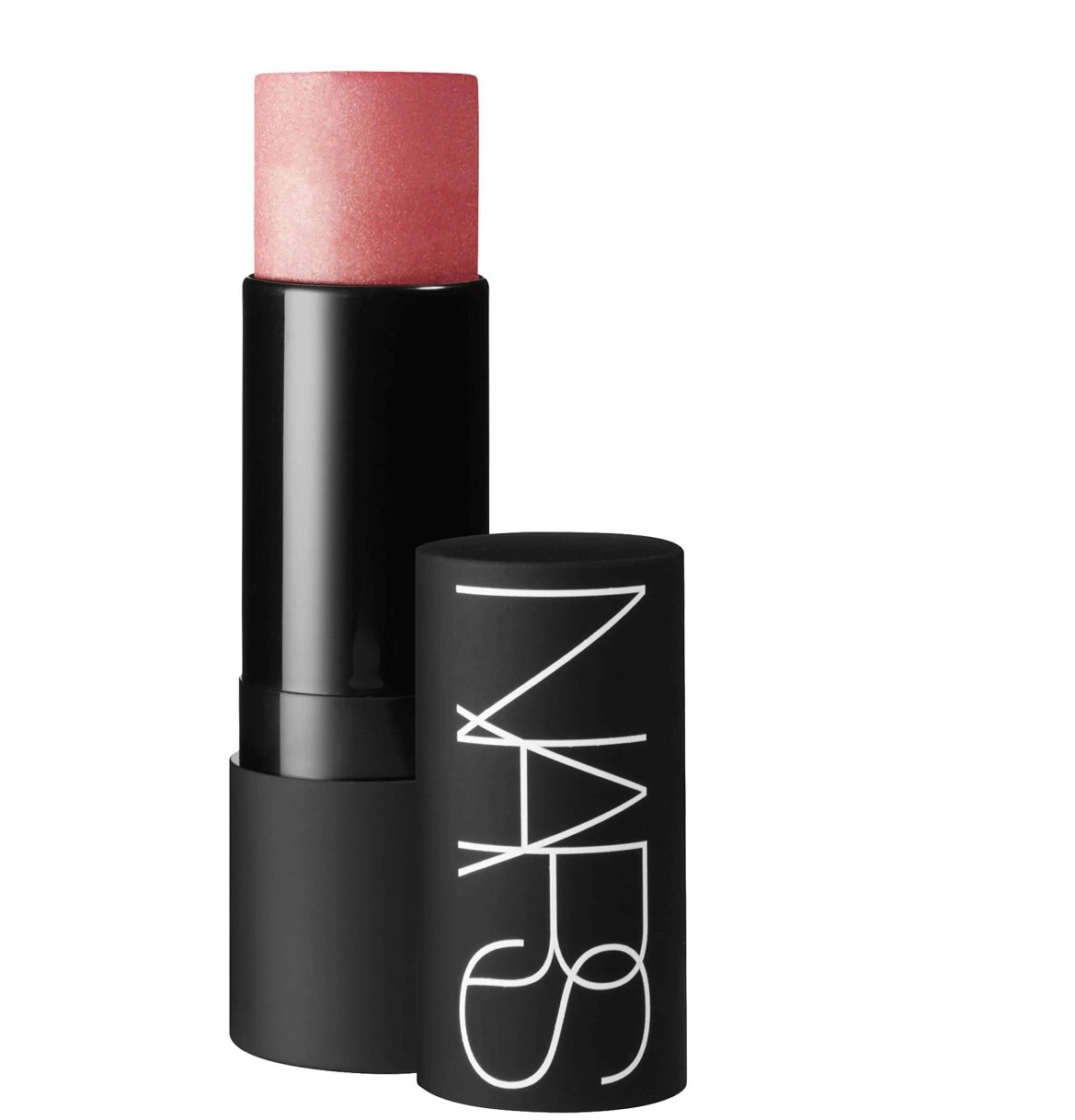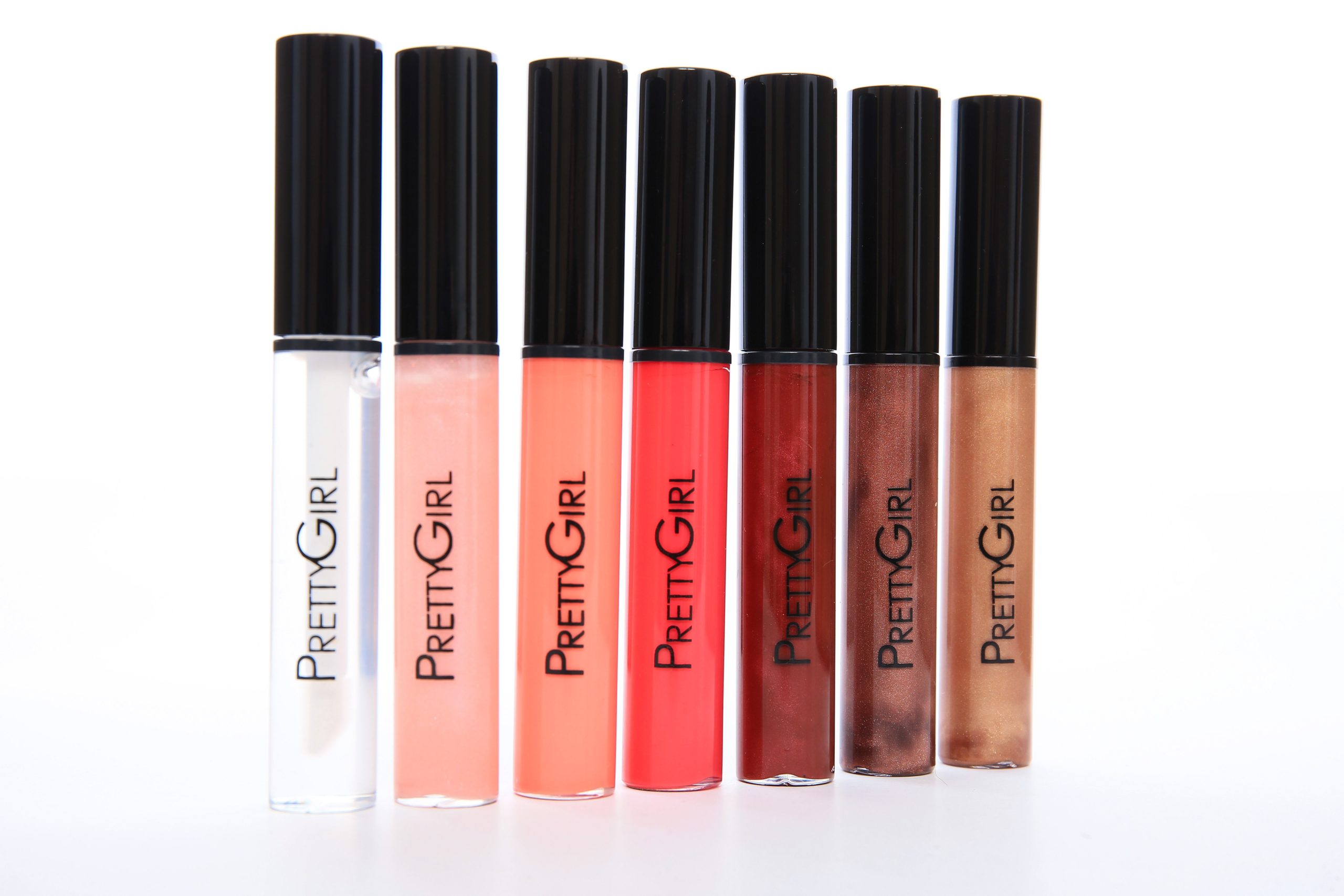By Christina Flach, Celebrity Makeup Artist & CEO of Pretty Girl Makeup

With so many different products on the market, it is crucial that you pick the one that will benefit your skin the most.
“For dry skin types, I recommend liquid foundations and suggest you avoid anything with a matte finish,” says Christina Flach
For oily skin, matte products are your best friend!

Lastly, for combination skin, it is best to find products that are either directly marketed for combination skin types or oil-free products.

Goes on smoothly, giving a light silky feel to the face.
$46
On top of this, one way to make sure your skin looks flawless is to pick a primer and foundation that match!

Gives a dewy glow
$39.00
Basically, if you’re using an oil-based primer it’s best to use an oil-based foundation as well. The same goes for water-based products.

When to Throw Away Your Makeup Products
“It’s important to be conscientious of how long to use a product
, before disposing of it. Mascara is only good for roughly three months and eyeliner, foundation, concealer, and lipstick are at their best for one year. Blush and eyeshadow can last for two years.” says Celebrity Makeup and Hair Artist, Christina Flach, the creator, and CEO of Pretty Girl Makeup.Powder eye shadow can last for about two years. If your powder grows a white crust or starts to crumble before that time, chuck it. A pencil or kohl eyeliner is a dry product, and therefore, has lesser chances of bacteria growing on it. This one can last up to 24 months before it needs to be replaced.
The same goes for makeup brushes. The average life span is a year or longer, depending on the type. Natural hair brushes—the ones you use for powdered products—can last almost a lifetime, if taken care of. Wash them once a week with gentle soap and warm water, and then set them on a table to dry with the brush end hanging off the edge. Synthetic brushes, used for creams, last only about a year and need to be cleaned at least twice a week with an alcohol-based cleaner. Toss when they start shedding, become rigid, or stop applying color evenly.
Disclaimer
The Content is not intended to be a substitute for professional medical advice, diagnosis, or treatment. Always seek the advice of your physician or other qualified health provider with any questions you may have regarding a medical condition.